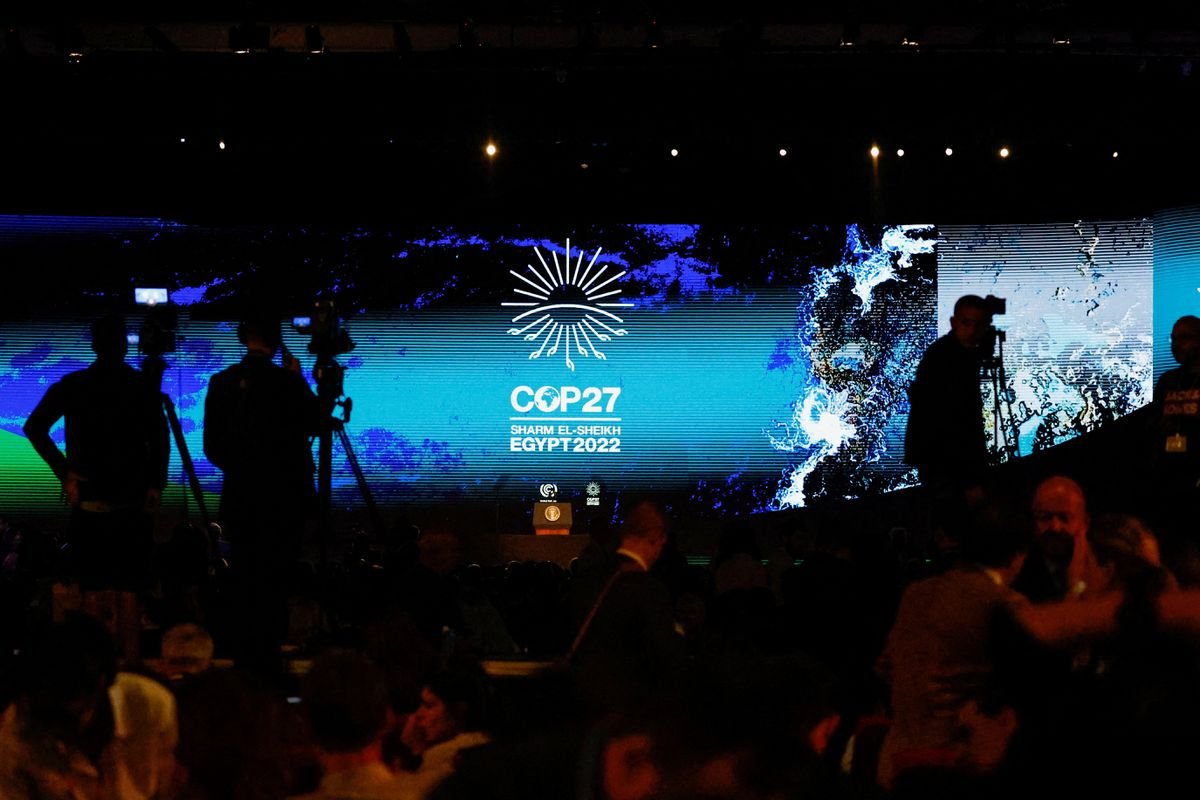The picturesque hills surrounding Skopje, the capital of North Macedonia, may provide a sense of safety from the thick smog that often envelops the city. Still, these very mountains trap the toxins responsible for making Skopje’s air one of the most hazardous in Europe.
Katarina, a 33-year-old accountant, shares her concern with the guardian as she walks home after an evening hike. She reflects on the fact that she wore an air pollution mask even before the days of Covid. The reasons behind this dire situation are complex, stemming from the use of dirty fuels, poor urban design, and challenging geography. Skopje, a city of 2 million people nestled in a valley, has aging factories coexisting with homes and offices. During the winter months, when residents burn waste wood and rubbish in stoves, warm air rises to meet the cold, dense mountain air above, forming a lid that traps pollution close to the ground.
The consequences of this pollution are dire. Skopje is home to three of the most polluted districts in Europe, primarily due to high levels of PM2.5, tiny particulate matter known to penetrate the human body, causing severe health issues. A 2018 study found that this pollution was responsible for residents’ premature deaths, a situation deemed “largely preventable.”
In economic terms, the cost to society is staggering, estimated to be between €0.5 billion and €1.5 billion. Mihail Kocubovski, head of the environment team at Macedonia’s Institute of Public Health, emphasizes the importance of prevention, suggesting that spending €1 on preventive measures could save up to €10 in healthcare costs. Reducing PM2.5 pollution to recommended EU levels could significantly reduce hospitalizations for heart and lung diseases.
On the streets of Skopje, residents express their concerns for not only their own health but also that of their loved ones. Health issues like asthma, respiratory problems, and difficulty breathing are common among residents, particularly children and the elderly.
The air quality problem has broader implications. It contributes to a brain drain as more than 90% of young people in North Macedonia express a desire to move abroad. Additionally, the economy suffers as air pollution deters foreign workers and tourists, leaving residents feeling trapped in their own city.
While Skopje has made some progress in reducing pollution, much work remains. Warmer winters have contributed to a slight decrease in PM2.5 levels, but there’s a lack of effort in helping households transition to cleaner fuels. A significant portion of the population struggles to keep their homes warm, resorting to burning wood, often of low quality and in inefficient stoves, or even resorting to burning rubbish.
Experts call for stricter controls on factories and traffic, as well as improved urban planning. Buildings have sprung up haphazardly, blocking crucial airways and worsening air quality. Despite increased awareness among citizens, meaningful government action remains elusive.
Skopje’s air pollution crisis is not an isolated problem. It’s a regional issue affecting other cities in the Balkans and Eastern Europe. Gorjan Jovanovski, a software engineer and city council member, developed an air quality app that gained popularity in Skopje and other Balkan cities. However, despite heightened awareness, substantial change has been slow to materialize.
In conclusion, North Macedonia’s capital, Skopje, grapples with severe air pollution, posing a grave threat to public health and economic well-being. While some progress has been made, concerted efforts are needed to combat this environmental menace and secure a cleaner, healthier future for the city’s residents.










